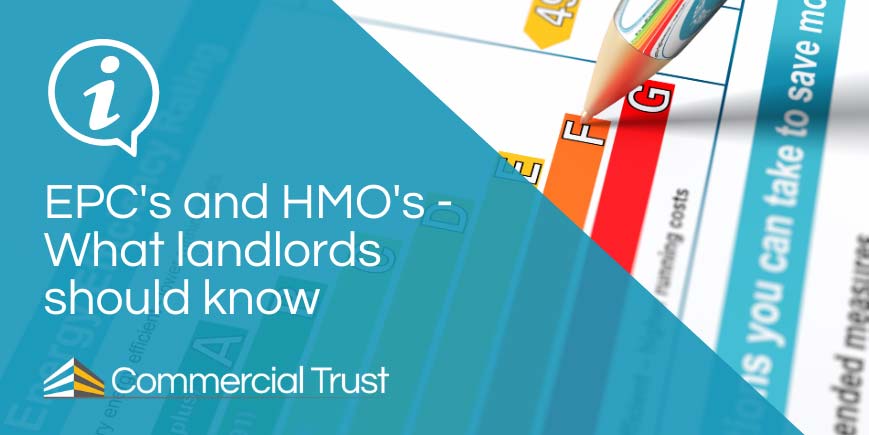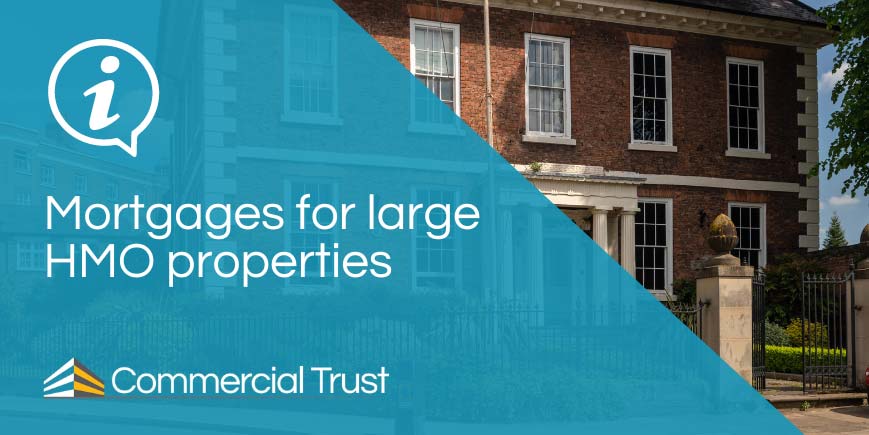This information should not be interpreted as financial, tax or legal advice. Mortgage and loan rates are subject to change.

Categories: holiday lets | guides | buy to let mortgage guides
A holiday let is a property rented out, on a typically short term basis, to people on holiday.
When AirBnB launched into the short term let market, the boundaries of holiday let’s shifted and it became more popular for short term let’s to be used for other purposes, such as business trips, social trips, travel for events and more.
Where traditionally a holiday let would be rented over one or more weeks, renting by the day is now also very popular, offering prospective occupants greater flexibility.
How do holiday lets work?
Holiday lets are different to a rental property that is let out to live in for the longer term. Firstly, holiday lets are fully furnished – you can’t ask a holidaymaker to pack a bed, wardrobe and sofa when they come to stay!
The tax implications for holiday lets are different than for standard buy to lets. A professional tax advisor, preferably one who specialises in property, would be able to advise you on this.
Holiday lets can be advertised privately, but many landlords use holiday letting platforms to benefit from the marketing power of that company to gain greater exposure for their property.
Buying holiday let properties
You can buy a property outright, and rent it as a holiday let. Or, if you want or need to, you can also take out a holiday let mortgage. This is simply a type of mortgage specifically for holiday rentals.
You cannot use a property covered by a residential or buy to let mortgage as a holiday let, because the terms and conditions of those other types of mortgage are not suitable.
If you let out a property which was funded by a residential or standard buy to let mortgage, the ultimate consequence of this is that you may end up having to repay the outstanding mortgage in full.
A specialist broker can help you find a holiday let mortgage, by searching amongst all the lenders offering these products to find you the most suitable deal.
If you just approached, say, your residential mortgage provider you may find they don’t offer holiday let products. Likewise, if you just went to one or two holiday let lenders, you may not get the most competitive deal than if you used a broker who would look at a range of mortgages representative of the UK market.
The number of specialised holiday let lenders is smaller than residential or buy to let lenders, but they are growing in number due to increasing demand.
Can any house be a holiday let?
When it comes to borrowing money to fund a holiday let, many different types of property can be used as security. However, any property whose structure is non-permanent will not be eligible for a standard holiday let mortgage.
Non-permanent structures include things like lodges, shepherd’s huts, eco pods, mobile homes, static caravans/chalets.
If there is the risk a property could be loaded onto the back of a vehicle and removed, a holiday let mortgage lender will not accept it as security.
Holiday let mortgage rates versus standard buy to let
Mortgage rates for holiday lets tend to be more expensive, compared to residential and buy to let mortgage rates. However, the yields from holiday lets can be higher than standard buy to let mortgages, so they can be more profitable.
Follow the link to check today’s holiday let mortgage rates.
Investing in a holiday let property
The three main steps of the process are:
- Research where you want to purchase and establish the level of demand – If you are proposing to buy a property to rent out on a short-term basis, you need to be confident you will attract tenants. Is the area you are looking a typical holiday destination? Are there tourist facilities and points of interest nearby?
- Find out how much you can borrow and the mortgage deals available to you – Whilst you can do your own mortgage research, holiday let mortgages are a niche (holiday let) within a niche (buy to let) of the mortgage sector, so it can be incredibly difficult to so do, especially as it is not just a matter of how much deposit you have and how much you want to borrow, lender criteria also comes into play. A specialist broker is in the perfect position to help. They not only have access to a full range of lenders offering these products but they have technology that can assist them in calculating which deal offers you the most cost effective outcome based on your objectives.
- Apply for a mortgage – Your broker will ask for various documents required by the lender to support your application, such as projections of high, medium and low season rent from a reputable holiday letting website, personal income payslips or SA302’s (if you are self-employed), bank statements.
Eligibility criteria for holiday let mortgages are not the same as for residential mortgages, the following factors are amongst those taken into consideration:
- Property condition - a holiday let property must have habitable conditions where people would be able to visit it and stay straight away. That means functional facilities, working water and gas/electricity supply, fully furnished. The majority of lenders require this to all be in place by the day of legal completion.
- Location – lenders will look into the location of the property, and may object if there are any commercial businesses that could negatively affect a holidaymakers stay. For example, any businesses close to the property that might be loud or generate unpleasant smells may not be deemed a suitable lending opportunity.
- Usage restrictions – Usage restrictions may be applicable to a property, which have been set by the local council. They can apply to a property, area, or class of property.
As inferred by the name, the restrictions may stop the property being used in a certain way. For example, they might stipulate that the property can only ever be used as a holiday let, or, can only be let for 11 months with a specific month being left vacant, or other similar scenario. Lenders who might ultimately have to repossess a property and sell it to recoup an unpaid debt will be hindered by such restrictions and therefore may not accept a property with a usage restriction. - Non-standard construction – buildings that deviate from standard brick walls and tiled rooves could be described as non-standard by a lender. The risks associated with non-standard construction properties may mean your property will not be accepted by a lender. A mortgage broker will be able to navigate these issues for you and find a lender who can help.
Furnished holiday let mortgages
HMRC requires certain terms to be met, in order to qualify as furnished holiday let for tax purposes. The property must:
- Be geographically in the UK or European Economic Area
- Be fully furnished for normal living requirements
- Be commercially let out with the intention of making a profit
- Any lettings longer than 31 days must not in combination exceed 155 days during the year.
- Be available for at least 210 days per year (excluding self-occupancy days or days when friends/family have let the property for a reduced fee or for free)
Benefits of holiday let
- Ability to deduct mortgage interest payments from rental income – reduces your profits, consequently reducing your tax bill.
- Possibility to stay in the holiday let property, outside of the 210-day period when it is being let out to other people.
- Builds your pension fund – profits from holiday let are counted as earnings for pension purposes.
- You can claim capital gains tax relief for traders, if you rent out a furnished holiday property .
- Furniture, fittings and equipment for the holiday let are eligible as tax deductions.
More information on capital allowances is available on the UK government website.
If you own the property outright, be aware that HMRC also places rules on how many days per year you can occupy a holiday let property. Find out more about holiday let mortgages.
For all tax related matters, consult a professional advisor. The above is for information only.
FAQs
It depends on the lender - some will not offer mortgages for AirBnB style lettings. However, the number of holiday let mortgages that are suitable for Airbnb hosting is growing. A broker will be able to help you identify suitable mortgage options for an AirBnB style property.
If you plan on generating income by letting out a holiday property, you will need a holiday let mortgage.
As with any property purchase you can buy outright in cash, or you can fund with a holiday let mortgage. If works need to be done to the property, you might buy it with a short term bridging loan, to fund the renovations, and then pay off the bridging loan with a holiday let mortgage.
Yes, you can. However, it will be slightly different because you will have to approach bigger banks that have branches in the country that you have chosen. Some mortgage brokers have access to a lending options for holiday lets overseas, Commercial Trust does not.
Allowable expenses that can be deducted from rental profits (where they are associated with your holiday let property) include mortgage interest, maintenance costs (cleaning and/or gardening), insurances, and various fees for advertising, accountancy, online platform fees or membership charges. This is a guide and for information only, please check with a tax professional.
Given that holiday let’s are a more specialist type of property, the risk involved in lending against them is greater. Mortgage interest rates are universally assessed around the risk associated with the lending, and so holiday let mortgage interest rates are typically a bit higher than a standard buy to let mortgage.
Today’s holiday let rates can be compared using our holiday let mortgage calculator.
The amount you can borrow depends on the projected income the property will make. This is the same as other buy to let mortgages, where the rent dictates the borrowing amount.
Essentially, your rental income needs to exceed the amount the monthly mortgage cost would be. The amount it needs to exceed the mortgage payment by varies from lender to lender – each one has its own ‘affordability calculation’, which is the formula the lender uses to establish how much they are prepared to lend.
Given there are periods when holiday lets are in less demand (the low season) the mortgage must remain affordable throughout the calendar year.
You will also be restricted to loan to value thresholds that holiday let mortgage lenders offer. At present you could borrow up to 80% of the value of a property.
No, you do not need a commercial mortgage for a holiday let. You need a holiday let mortgage, which is a type of buy to let mortgage.
Even if you want to take out a holiday let mortgage through a limited company, you do not need a commercial mortgage. You can take out a holiday let mortgage designed for limited companies.
To secure a holiday let mortgage you will need a deposit of at least 20% of the property value. The number of deals available typically becomes greater if you drop down to 75%, 65% or 60% loan to value.
The amount you put down as a deposit is a factor that contributes to a lender’s assessment of risk associated with the deal. This is why the more you invest of your own money, typically the lower the risk. As a result, there are more lenders willing to offer mortgages.
Holiday lets rose significantly in popularity, when travel abroad was restricted by Covid-19 measures. This drove up demand for holiday let properties. Since that time, data released has indicated that the market remains strong.
Some landlords have chosen to diversify into holiday lets because of other pressures on the buy to let market, in terms of regulation and changes in tax.
Ultimately, thorough research is advisable before making a decision as to whether to buy a holiday let.
A mortgage advisor cannot give this advice; but they can only advise on the mortgage options available to you.
Most holiday let lenders allow the owner to live in the security property for up to a set number of days per year, between 60 – 90 days in total. It is likely the number of continuous days you can occupy the property will be restricted to a lower number than this, usually around 30.
No, you cannot live in a property mortgaged by a holiday let product. The mortgage lender bases the terms of the mortgage on rent coming in from third parties and covering the monthly mortgage cost, rather than the owner’s personal income.
Living in a property funded by a holiday let mortgage would breach the terms of the mortgage contract and could lead to the entire debt being called in.
Holiday rentals make money by generating more rent than is paid in costs to own and run it. If the rent you can expect to receive from a holiday rental does not comfortably exceed the costs, then investment in it would cost you money rather than you making money.
When it comes to paying stamp duty land tax, there is a surcharge applicable if you buy property to rent out or as a second home, so either way you would pay this cost.
As the owner of a holiday let, mortgage lenders who fund this type of investment typically allow you to stay at the property yourself for a set number of days per year.
If you own the property outright, be aware that HMRC also places rules on how many days per year you can occupy a holiday let property.






